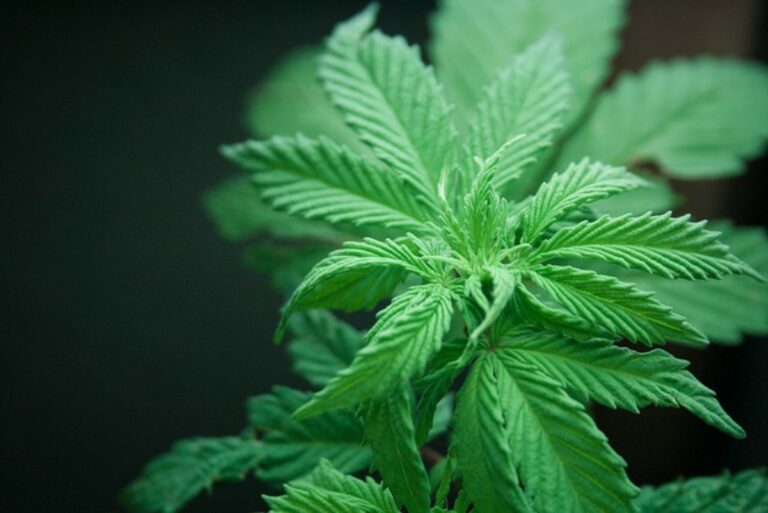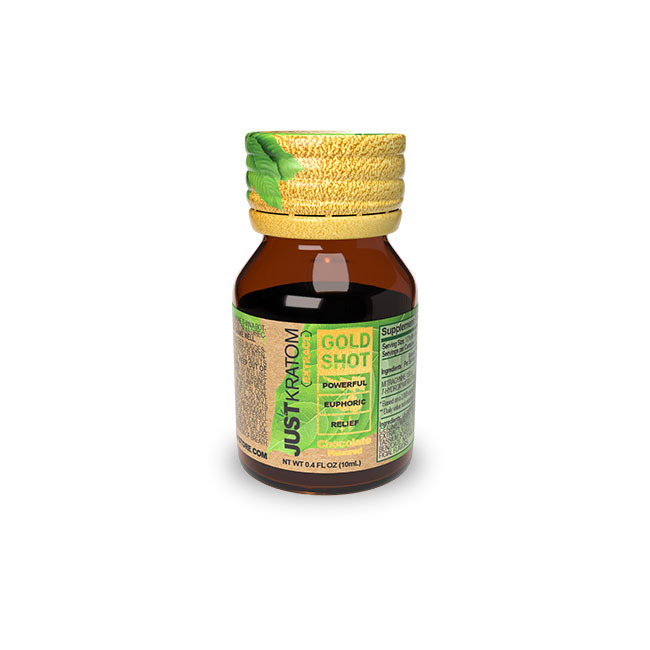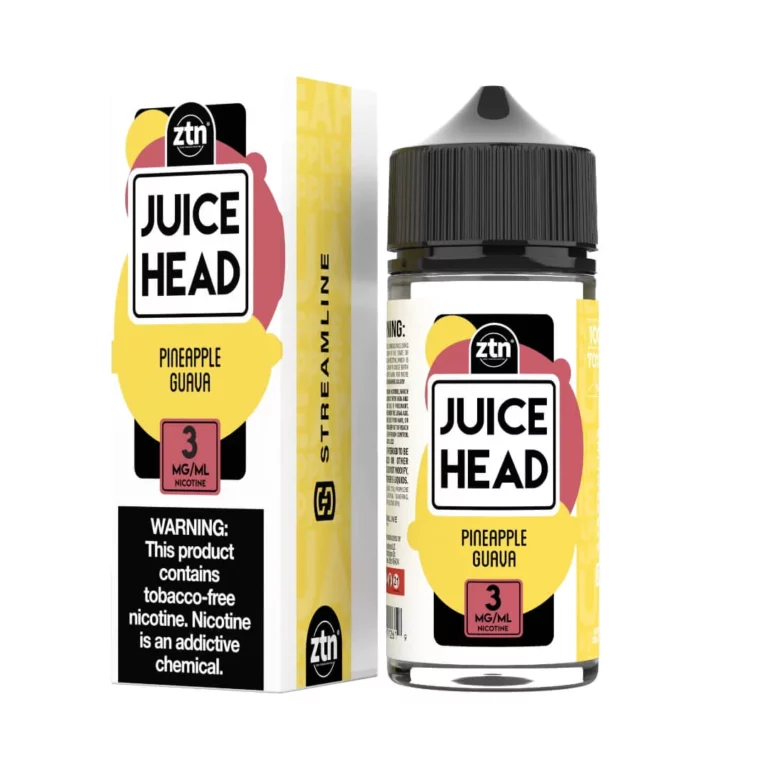CBD Sleep Apnea Relationship
Sleep apnea is a serious health condition where breathing repeatedly stops and starts during sleep. It has several types and symptoms. It is often misunderstood with insomnia but in fact, there is much difference between the two diseases. In insomnia, the patients are unable to sleep at all. Whereas in sleep apnea, patients cannot sleep peacefully. In obstructive sleep apnea, the throat muscles become very relaxed and cause obstruction in breathing whereas, in central sleep apnea, the brain is unable to send proper signals to breathing muscles.
Many medications and techniques are used to manage symptoms of sleep apnea. Studies suggest that cannabidiol (CBD) oil may help in easing the symptoms. Researchers have been exploring the results of CBD sleep apnea. The cannabis Sativa plant contains more than 80 types of cannabinoids. CBD is the second most abundant cannabinoid after Tetrahydrocannabinol (THC) which is the most abundant cannabinoid. Both of these compounds have different functionality and mechanisms.
CBD is non-psychoactive as compared to THC. Mostly, products containing THC give a buzz or make you feel high. Moreover, THC often decreases the time to fall asleep also known as sleep latency. CBD is renowned for its soothing and tranquil characteristics. It usually enhances sleep time and quality. For its optimum properties, CBD is being studied on a large scale worldwide.
Understanding Sleep
Sleep is a complex portent and involves several conditions for its peaceful occurrence. There are always certain reasons for sleep difficulties. Sometimes, these factors are physical and sometimes there are psychological or medical problems. The idea of finding a natural remedy for sleeping issues is definitely tempting.
Potential reasons for sleep disorders include psychiatric histories like depression or anxiety, chronic pains, trauma, or chronic stress. Prevalence is even higher in a population with increased vascular risk. Hypertension is a significant risk factor for sleep apnea as more than 50% of the patients with sleep apnea also suffer from hypertension. Having a medical condition like hyperthyroidism or acid reflux are also main causes of sleep disorders as well. Sometimes genetics, travel history, and environmental factors contribute to sleeplessness. CBD products are thought to be very effective in improving sleep quality and longevity.
Does CBD Help with Sleep Apnea?
Patients with sleep apnea struggle to have a peaceful sleep. Conventionally, different medications are used to help manage the symptoms of CBD sleep apnea. CBD is suggested by many health experts for sleep disorders. So, does CBD help with sleep apnea? Studies have been done to answer this question.
Evolving and emerging research suggest CBD sleep apnea may help in both sleep quantity and sleep quality. CBD is believed to suppress REM sleep which may benefit the patients having dream-enactment behavior from REM sleep behavior disorder. A number of studies support the use of CBD sleep apnea for its positive results in improving sleep quality. 72 adults with anxiety and poor sleep were taken in a study to analyze the effect of CBD (starting with 25 mg doses). This study produced interesting results. The results indicate that CBD sleep apnea may help in improving the quality of life of patients with sleep disorders. The respondents were given a dose of CBD every day for a period of three months and the results were satisfactory.
In another study, 21 patients with only sleep disorder and without dementia and psychiatric issues were studied. The patients were given CBD-containing products for a week. The after-effects were very positive and it is believed that the findings point to a possible effect of CBD in improving quality of life measures. Not only for the adults but also in a pediatric case study of a 10 years old boy suffering from PTSD, results have shown a significant role of CBD in improving sleep quality and decrease in anxiety.
CBD Oil for Sleep Apnea
Sleep apnea mostly causes the patients to snore loudly during their sleep. Some patients feel sleepy even after a full night’s sleep. Mostly, apnea patients struggle to get a peaceful sleep due to breathing disruptions and anxiety. Continuous exposure to sleeplessness increases the risks of daytime fatigue, cardiovascular issues, diabetes, and metabolic problems. People with sleep apnea are more likely to have complications after a major surgery due to breathing problems when they are sedated. CBD oil is often recommended by health experts to cope up with the symptoms of sleep apnea.
CBD oil has demonstrated preliminary efficacy for a range of physical and mental health care problems. CBD oil is extracted from the hemp plant or marijuana, which are both strains derived from the cannabis Sativa plant. There are two commonly used species of plants within the genus cannabis: Indica and Sativa. Generally, indica is more frequently used for the treatment of pain, anxiety, and chronic insomnia. Sativa is more often used to relieve nightmares.
After its extraction from the hemp plant, CBD oil can be consumed in different forms, even in gummies or chocolates but most often added in the form of drops to foods and drinks. For external use, it can be used in the form of ointments and lotions. CBD vapors are also inhaled for better sleep. In all these forms, these products are effective but the therapeutic effect changes due to change of concentration. Different formulations of CBD oil have different absorption abilities and hence different therapeutic effects. The dozing of the CBD oil for a full night’s sleep depends upon various factors, such as the severity of the person’s sleep disorder, other medications, and experienced side effects.
CBD oil for sleep apnea is known to be well tolerated with negligible side effects. Relatively few people experience mild side effects such as weight gain, tiredness, or diarrhea but usually when taken overzealously. The most distinguished advantage of employing a natural remedy such as cannabis for a sleep disorder is safety. No lethal overdose has ever been reported with either of the cannabinoids. The ample data shows that cannabinoids have a low overall risk for short-term uses and long term results look promising. Some studies suggest that CBD oil has a greater impact on increasing sleep time with its soothing and relaxing effect.
- Exploring Melo: A Fun and Flavorful Review of THC Beverages - April 30, 2024
- Kratom Gold Shots By Kratom Gold Shots-Sipping Bliss: My Exciting Journey with Just Kratom’s Kratom Gold Shots - January 23, 2024
- E-Liquid & E-Juice By Vapepuffer-The Ultimate E-Liquid and E-Juice Comprehensive Evaluation - October 19, 2023









